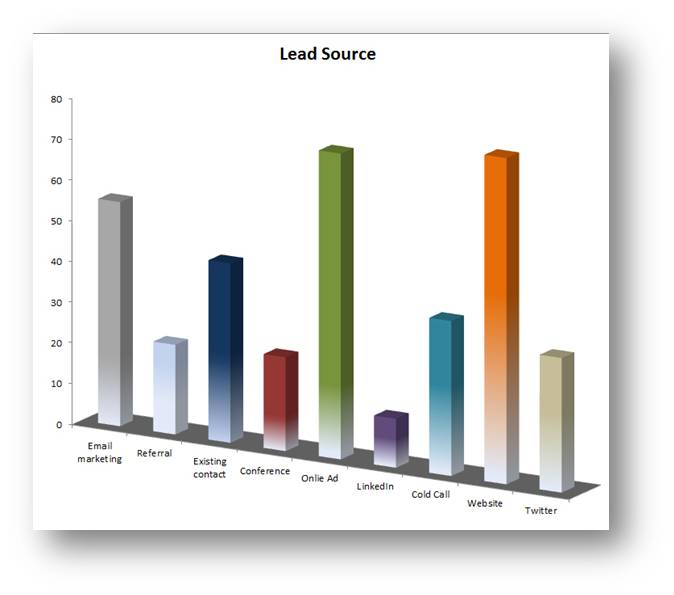A Customer Relationships Management (CRM) system can play a pivotal role in answering several questions –
- How do you manage your prospects database?
- How do you cultivate confidence and credibility with them?
- How do you track and understand them?
- How do you segment them and customize your follow up and communicate with them?
- What would be the next step in converting a prospect? What are his/her needs?
- How can I scale my sales operations and business?
What does it take to make it work successfully?
One – Adapt the CRM system to your sales process.
Every business is unique. Look at the different milestones a typical sales flow would go through, and make sure that the CRM system can adapt to that.
Two – Commit to data.
The task of importing all leads to the CRM system may seem daunting. Getting all data in one place for the first time can be difficult. Embrace the challenge.
Three – Think of it as a continuous process.
Your understanding of the effectiveness of the sales process and the quality of leads will evolve. The good part is that now, you have a system to do so. It will take time to get your hands around it completely.
Embrace the process.
Four – Adapt to the company culture.
Involve your sales team in defining the sales process and implementing the CRM system.
Show them the clear value that they will get out of it –
- More effective follow-up and communication
- Effective tracking for them
- Fewer headaches from leads falling through cracks
- Insights for improving sales closing ration
- Huge savings in time
Guide the sales team through the process.
I think good for you to realize that the system will likely not do everything that you think it should. At the same time, it will help you achieve the goal of making your organization much better at managing your customer service, leads, and the sales process.
In the end, it will all be worth it.
What are your challenges in tracking your leads and executing the sales strategy? We would love to hear more from you as well.



Questions or Comments?